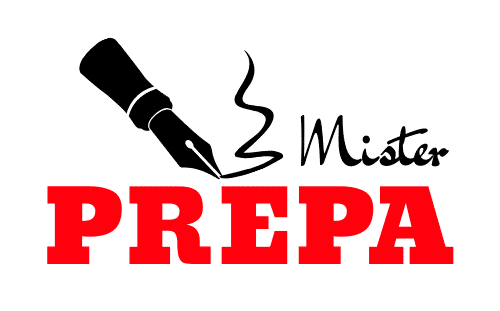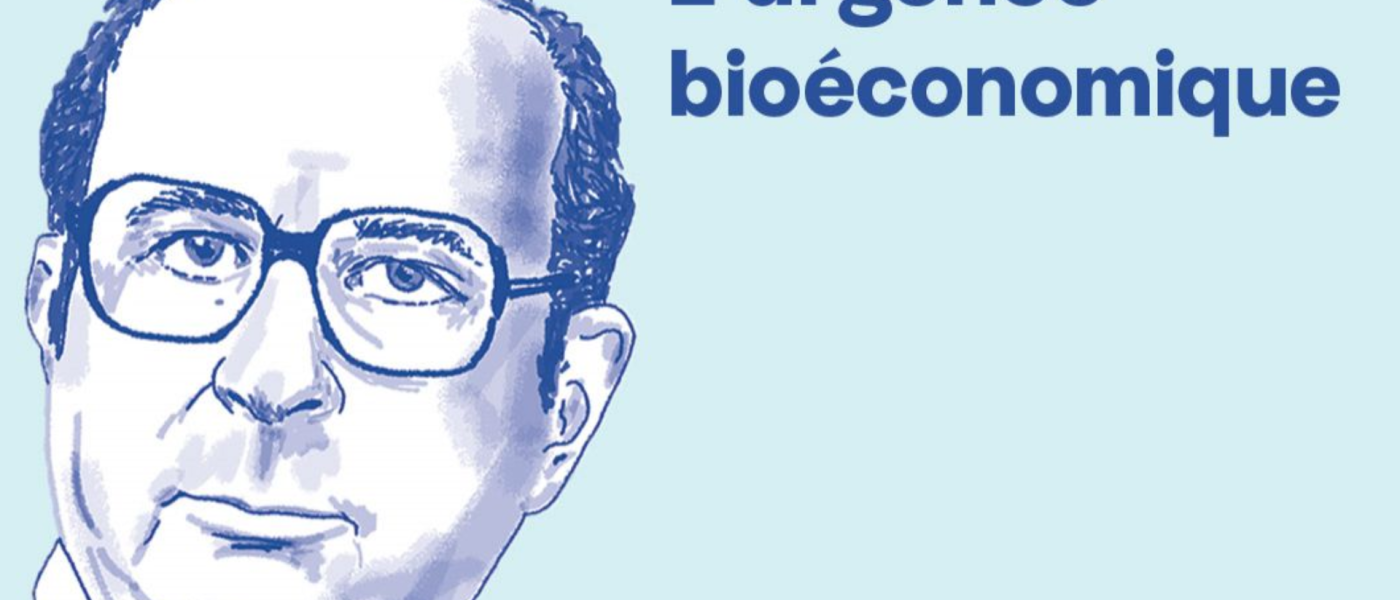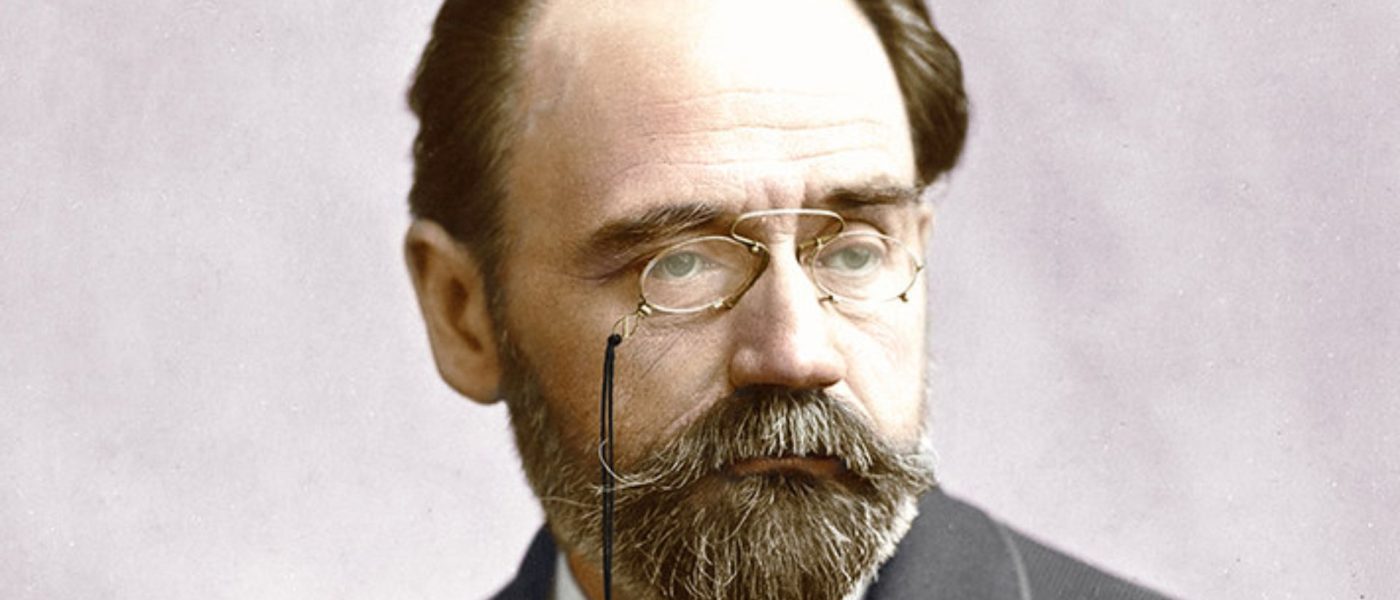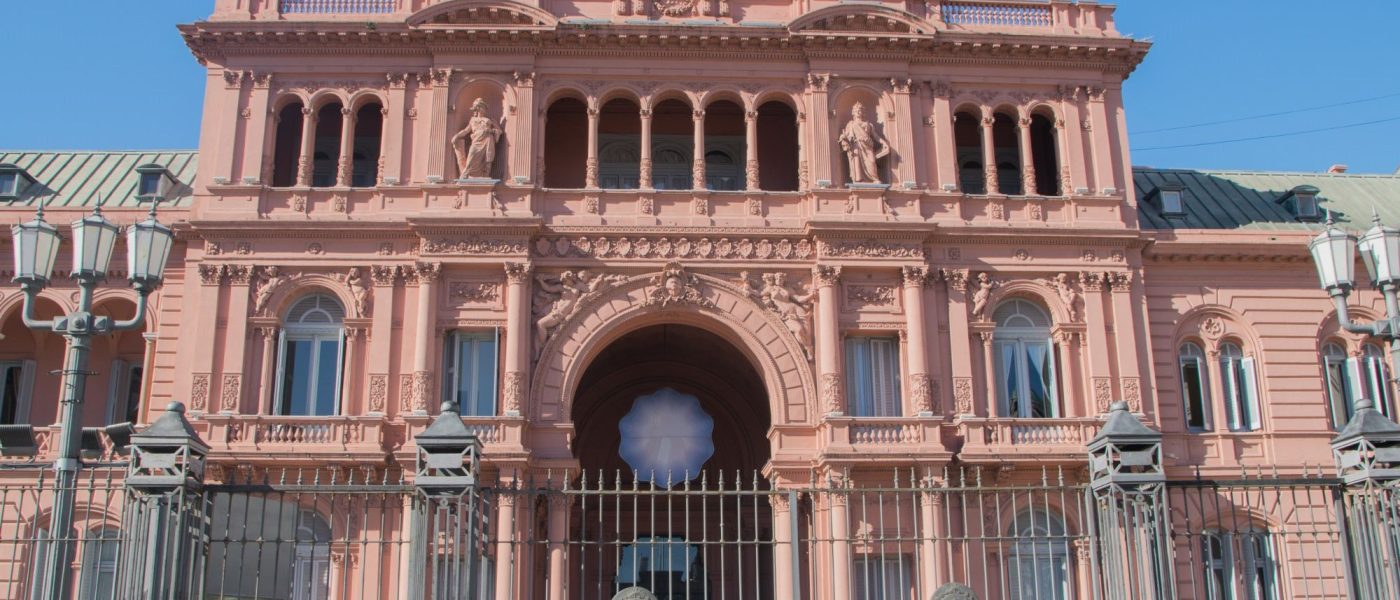Dans cet article rédigé en anglais, vous découvrirez une analyse détaillée de la place de l’éducation aux Etats-Unis. A l’heure d’une intense culture war centrée sur l’école publique, maîtriser cet exemple peut vous être bien utile en khôlle d’anglais. De plus, cet article vous propose quelques mots de vocabulaire que vous pourrez utiliser dans une copie. Les mots compliqués sont traduits entre crochets [].
Critical Race Theories (CRT): a “brainwashing education”?
Critical Race Theories are part of America’s school curriculum. In short, Critical Race Theories explain that America needs a system change, because the current system was built by racist men and is now outdated.
Critical Race Theories being taught at school fuel an intense debate on whether children should learn those theories on racism at school.
Republican politicians denounce a “brainwashing education” delivering propaganda. Kids are opposed against each other, some being “oppressors” and others “oppressed”. Conversely, Democrats consider Critical Race Theories as a “red herring” [= a false issue] used by Republicans to scare voters.
Thus, Critical Race Theories represent a truly dividing issue, as epitomized [= illustré] by the “School Choice Week”. Each year, during the School Choice Week, a string of protests [= une série de manifestations] to demand change to a “broken education system”.
| Arguments in favor of CRT | Arguments against CRT |
|---|---|
| CRT provides an important framework for understanding and adressing the systemic racism that exists in the US. | It is too extreme and paints all white people as villain. |
| It acknowledges the reality of white privilege and institutionalized racism and provides strategies for how to combat it. | It is too polarizing and divides people along racial lines. |
| It defends social justice and equality by challenging the status quo. | It its too focused on race and ignores other forms of oppression and discrimination |
America’s school choice movement: towards the end of public school?
90% of American school children [= écoliers] attend public schools, but that could soon change. Indeed, the School choice movement has been building momentum [= s’est accéléré].
“School choice” refers to a series of policies that give families additional educational options at public expense, such as tuition, homeschooling, tutoring, and more.
In 2021, 22 states created school-choice programs. For instance [= par exemple], in July 2022, Arizona’s then governor [le gouverneur d’alors], Doug Ducey, signed a law enabling families to take up to $7 000 per child from the system. This law intended to make it easier for families to fund an alternative education.
| Arguments in favour of School Choice Programs | Arguments against those programs |
|---|---|
| Advocates of these programs say that they provide all families, regardless of social status, with options | In practice, they support the richest families who can already afford the high tuition fees of private education. |
| Opponents also warn that taking money out of public schools means they are further weakened for the pupils left behind. |
A well-entrenched debate
Many Republicans are opposed to what they describe as a “left-wing public school system” [= système scolaire publique de gauche] because it teaches controversial positions on gender or race (like Critical Race Theories). That’s why many Republicans supports school choice nationwide.
This can explain why the organization which organizes regular protests again public school, named “Nation School Choice Week”, has received a lot of funding from right-wing foundations and dark money organizations (whose donors are undisclosed) [= dont les donateurs sont tenus secrets].
Simultaneously, Blue States [= les Etats dominés par les Démocrates, comme NY] are fighting back. For example, California has launched a new program with free school lunches.
The Black History Month
In the United States, February is the “black history month”. This is an initiative from then President Gerald Ford in 1976. For the last decade, this event has fuelled an intense debate. In fact, many African American citizens wonder why America should devote only one month out of twelve to black history. In a similar vein [= de même], Actor Morgan Freeman said “I don’t want a Black History Month. Black history is American history.” during a 2005 interview.
In February 2023, the company providing SAT, a standardize test widely used for college admissions in the US, updated its African American courses. It removed some controversial topic from their tests and high-level courses, such as the Critical Race Theories. Similarly, topics such as the Black Lives Matter movement or the Queer theory [= théorie du genre] were also removed.
Ron DeSantis and the “Stop Woke Act”
In Florida, this update by SAT comes in the context of a new law prohibiting talks on race or sex at school. The “Stop Woke Act” was signed into law by Ron DeSantis. This law was denounced by Democrats as a way to “limit free speech in the name of free speech”. Indeed, supporters of this law argue that a person should not feel guilty because of acts committed in the past by other members of the same race, color, or national origin. This is a head-on criticism [= une critique frontale] of the Critical Race Theories.
This law has already come into effect in primary and secondary schools, but was blocked in universities by a federal judge. He decided that the law was unconstitutional. Many organizations have filled lawsuits [= ont intenté des poursuites judiciaires] denouncing the violation of the 1st and 14th amendment.
Lire aussi : Ron DeSantis, the new Trump ?
























